There are situations when just yesterday, normal healthy chickens begin to wither and die. The poultry farmer is at a loss as to why chickens are dying, how to help quickly and without consequences.
The case is a consequence of any occurring processes. To understand the physiology, pathology, rules of feeding in case of fatal diseases should be very carefully and quickly.
What to do and how to treat
Before starting treatment, you need to find out why the chickens are dying. There may be several reasons:
- infectious diseases (viruses, bacteria);
- invasive ( worms , protozoa);
- violation of the rules of keeping and feeding .
If the infection
salmonellosis
The death of chickens is unpleasant, but the poultry farmer should be very careful. A disease such as salmonellosis is transmitted to humans and can be very serious, although it is easily treated.
When salmonellosis is observed:
- low mobility;
- poor feed intake;
- lacrimation;
- drowsiness;
- diarrhea (green, fetid droppings).
Initially, 1-2 chickens “fall asleep”, after 4-5 days half of the livestock has a sleeping appearance, then they sleep and die.
The age group can be from very young 3-5 days old with an infected egg, to adult chickens.
pasierellosis
The disease is similar in symptoms to the previous one, but pasteurella settles on the joints. In chickens, the paws turn red at the place of the joint, they swell, the bird sits more and moves with difficulty. Very often, broiler chickens die from pasteurellosis.
The disease is very insidious. If the monthly chicks die, then the large chicks only slightly weaken, and the adult bird does not show symptoms of the disease at all.
If the culprit is a virus
Viral diseases are not treatable and this is their insidiousness.
You can suspect infectious bird flu if you lower your wings and die. This disease can take almost the entire young livestock (age 15-20 days), but the older ones will survive by 50%.
Dangerous and infectious bronchitis. In this case, the chickens register:
- difficulty breathing through an open beak;
- loss of appetite;
- cough;
- they wheeze and choke.
The pseudo-plague (Newcastle disease) also brings trouble. Chickens can rest everything, and it begins with oppression, throwing back the head, paralysis and paresis, although young animals may have an asymptomatic course, they go blind and die.
There is no cure for the disease, but vaccination can prevent the disease.
Blame the invasion
Coccidiosis can also cause death, but in older birds. 2 month old chicks will:
- ruffled;
- with increased thirst;
- poor appetite;
- vomited with blood and mucus.
If the wings of a two-month-old baby are lowered and they die gradually, ascariasis can be suspected. At the same time, the bird seems sleepy, the comb and earrings are pale, appetite may be present, but the chickens do not gain weight. It is characteristic that there is almost no blood when cutting a feathered bird (invasion contributes to anemia). In a dysfunctional farm, ascariasis is repeated from year to year and the death begins from 1.5-2 month old chickens.
Reason - maintenance and feeding errors
Fall can lead to:
- dampness and humidity;
- crowding;
- draft;
- low temperature.
When feeding poor-quality feed, rancid, moldy grain, chickens can die. Some believe that digestion will help kill the toxin. This is wrong. Mycotoxins are thermostable. Heating can kill the fungus, but not the products of its vital activity. Only good quality food is suitable for feeding birds.
How to drink chickens so that they do not die
To establish a diagnosis and prescribe treatment, you need to contact a specialist. However, this possibility is not always available. In addition, while we are looking for a doctor and examining the material in the laboratory, the chickens will rest.
If chickens die, action must be taken urgently. In bacterial diseases, it is necessary to use a broad-spectrum antibiotic, one that easily copes with salmonella, pasteurella, E. coli.
As a basis, you can take enrofloxacin and all drugs that include this active ingredient. The medicine is soldered as follows:
- prepare a working dilution (1 ml per 1 liter of clean drinking water);
- drinking water is poured out and the working solution of the drug is poured into the drinkers;
- in the evening, the surplus is disposed of;
- in the morning, the medicine is again diluted and poured into drinking bowls.
The course of treatment is 5-6 days. As an alternative, you can apply: tricollin, flotsin, tilmicon.
If the cause of the case is coccidiosis, then it is necessary to use sulfa drugs: sulfademitoxin, sulfademysin, or coccidiovit. Tablets are kneaded into powder and mixed with feed or poured into the bird's mouth individually (0.5 g per 10 chickens). The course of treatment cannot be less than 10 days.
Baycox has proven itself best . Feeding is carried out twice with an interval of a day, and then after 5 days. The drug dissolves at the rate of 1 ml per liter of water.
If suspicion falls on ascariasis, then albendazole is the best remedy. The powder is mixed with feed, and given at 2, 3, 4 months (once a month). An adult bird acquires immunity.
All drugs for drinking are medicinal and are used only for therapeutic purposes. For prevention, vaccines are used (against Newcastle disease). The vaccine is diluted according to the instructions and drunk instead of drinking water.
Proper maintenance and balanced feeding will allow you to grow a bird without disease and mortality.

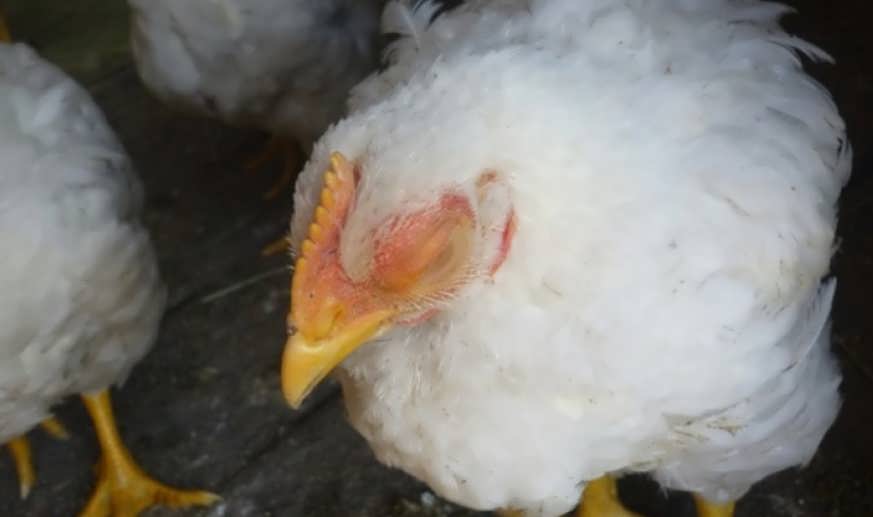
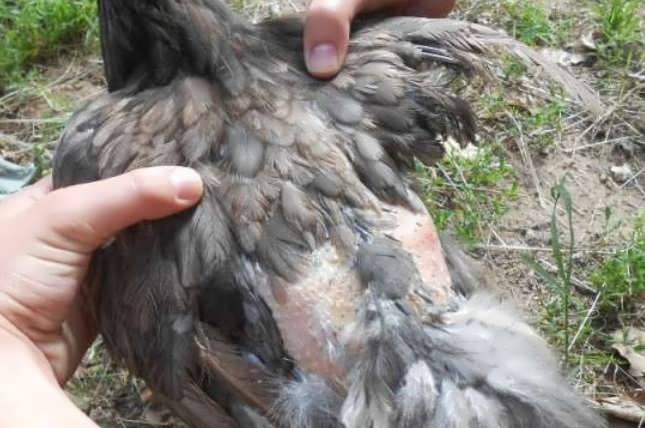
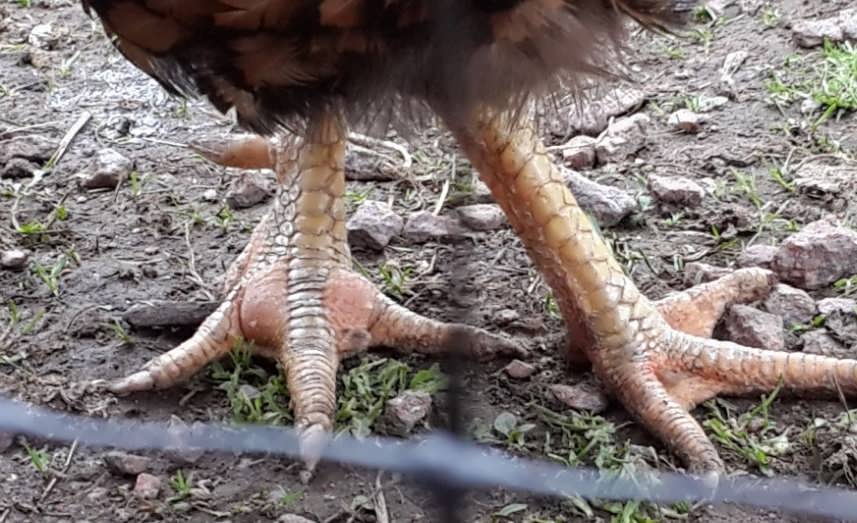
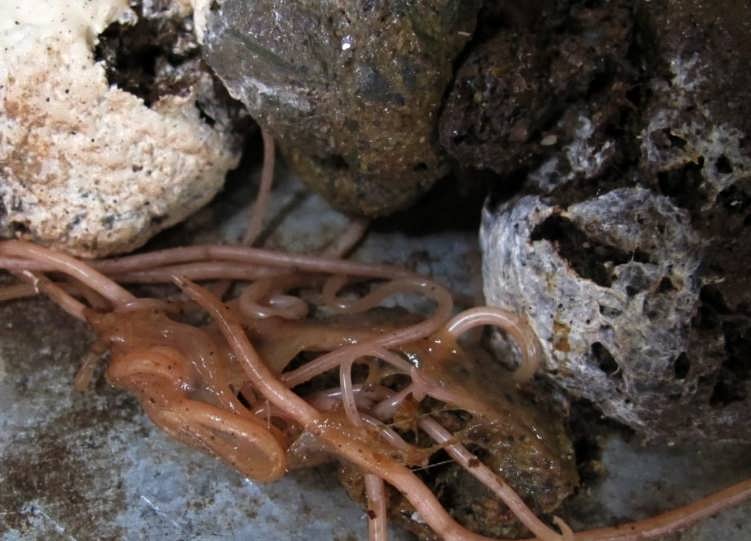
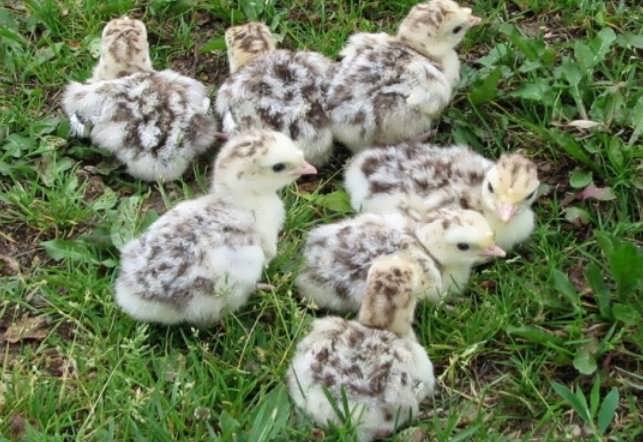
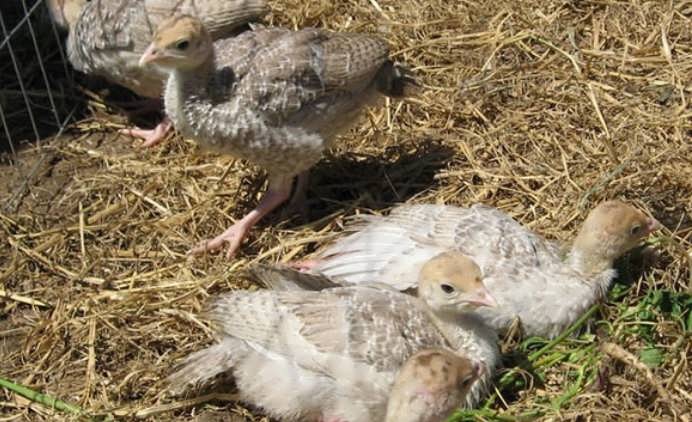
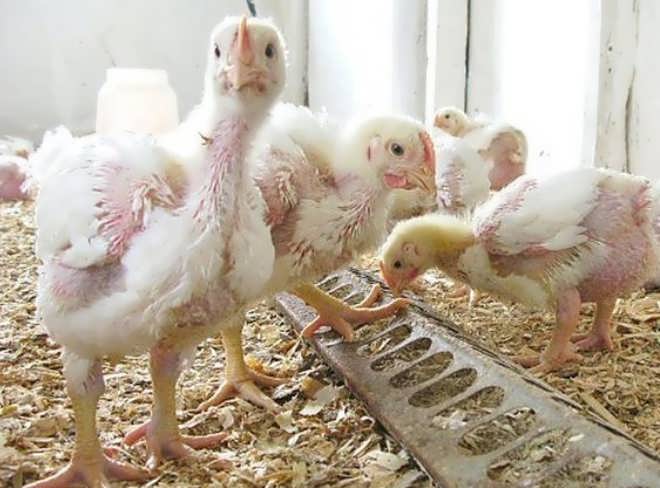
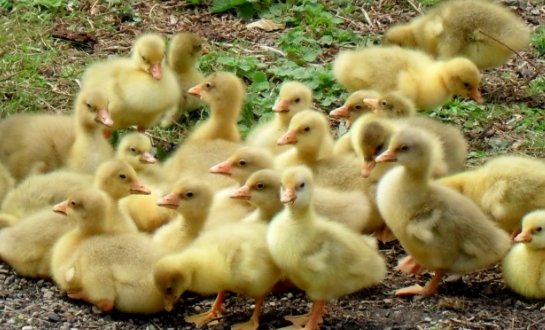
Until last month, my chick hatching was going smoothly. No signs of trouble. But recently something strange happened and all my chicks died. I will definitely follow the above recommendations so that this situation does not happen again. I don't want to be that disappointed again.
People do not look for problems for themselves, but rather buy them.